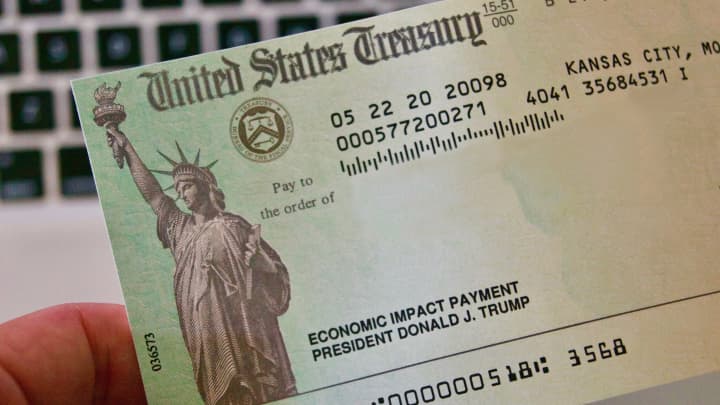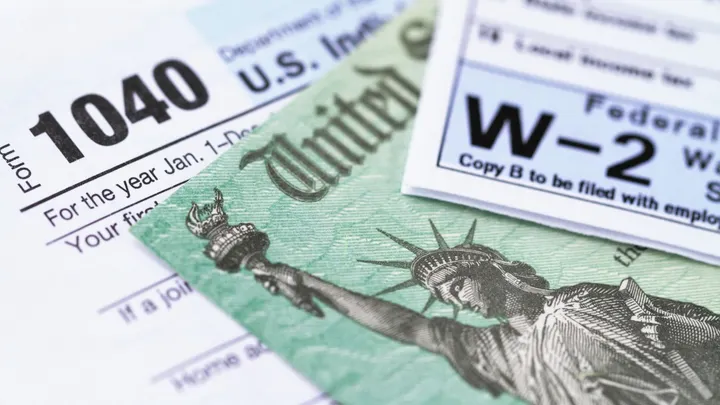Americans can officially start filing their individual income tax returns for 2022 on January 23.
Americans to Start Filing Income Tax Returns on January 23
Acting IRS Commissioner Doug O’Donnell said that this filing season is the first to benefit the IRS and the nation’s tax system from multi-year funding in the Inflation Reduction Act. Thousands of new employees have been trained in how to help people and answer phones. There is still a lot of work to be done after several difficult years, but we anticipate improvements this tax season.
The majority of taxpayers will have until April 18 to submit their returns or request an extension. The reason is that April 15 falls on a Saturday and April 17 is the Emancipation Day holiday in Washington, where the IRS is headquartered.
According to a post by Fox Business, single filers can request an extension online by filling out Form 4868 using the IRS’ “Free File” tool. All you need to do is submit the form by April. You can also print the form and mail it to the IRS address for your state, making sure it’s postmarked by April 18. If you filed for an extension, you only have until Oct. 16, 2023, to file your taxes.

Americans can officially start filing their individual income tax returns for 2022 on January 23. (Photo: Fox Business)
Advantages and Disadvantages of Requesting an Extension
One advantage is filers can have more time to thoroughly review their return. They can take advantage of all the tax benefits like various deductions and credits that are available to them to help them reduce liability. This will also give you an opportunity to avoid a failure-to-file penalty which is an extra 5% per month on the unpaid amount. This can add up to 25% of the tax due.
Experts say that filing for an extension does not mean you can delay paying the government the taxes that are owed.
READ ALSO: No More Backlogs: IRS Primed For A Better 2023 Tax Season




















